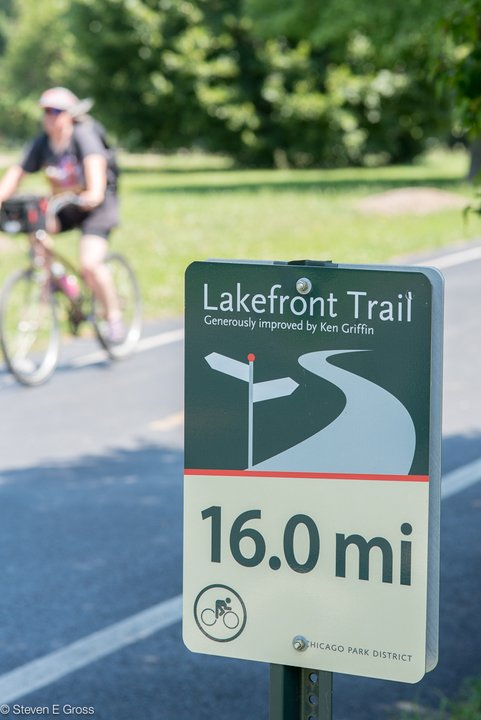Did You Know?
Essential travel must take priority during COVID-19 crisis

As we’re all now facing new anxieties and disruptions to our daily lives as a result of the COVID-19 pandemic, taking a break outdoors may serve as a needed relief. We remind people to be thoughtful of others when choosing to spend time in public spaces.
On Thursday Mayor Lightfoot announced the closure of the Lakefront Trail, 606, Riverwalk, and associated parks. This is part of a broader “Stay Home, Save Lives” campaign to prevent the spread of COVID-19.
The movement of people who are essential workers and others doing necessary travel must take priority during this unprecedented time. We understand the Mayor’s decision to close the Lakefront, 606, and Riverwalk to protect our public health.
Chicagoans should stay home as much as possible and, when spending time outside, they should follow public health guidelines by maintaining social distancing and staying away from busy areas.
Streets and sidewalks need to be prioritized for people doing essential travel. People not doing essential travel should avoid spaces where people are likely to congregate and where following public health guidelines is difficult.
Additional park and trail closures have the potential to disproportionately harm communities of color, where residents already have few options to safely go for a walk or ride a bike under social-distancing guidelines. City leaders must maintain access to spaces where people of color and other marginalized communities can spend time outdoors.
Fining and arresting people who are not following social distancing guidelines just makes life even more difficult for our most vulnerable neighbors. City leaders should be rolling back fines to minimize the harm experienced by communities disproportionately impacted by policing.
Last week Mayor Lightfoot announced a temporary suspension of debt collection and non-safety related citations and impounds, as well as penalties for late payment.
While some have suggested closing streets to car traffic to open them up for safe walking and biking, we are not in a position to evaluate the public health risks or benefits of this approach. There may be places where this is possible, but this is not a simple or easy solution.
Make a Donation
Your tax-deductible donation supports the important work that Active Trans does throughout the region
